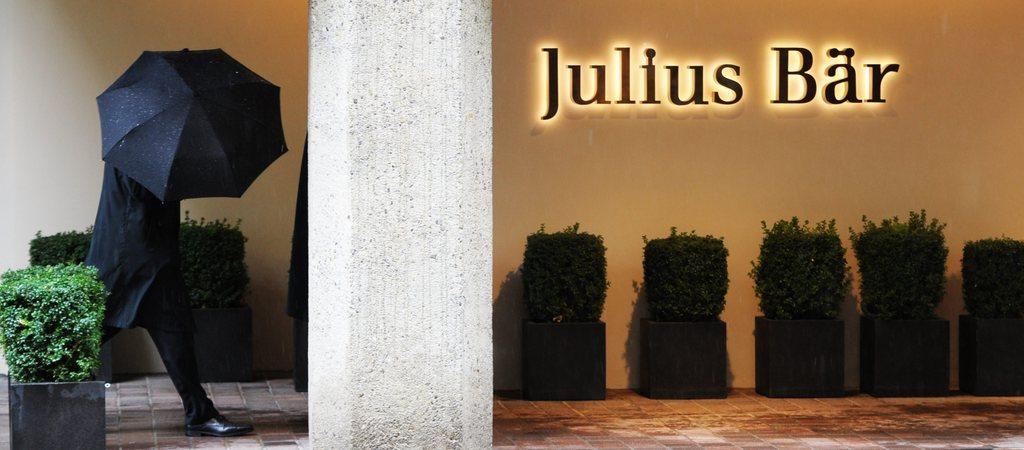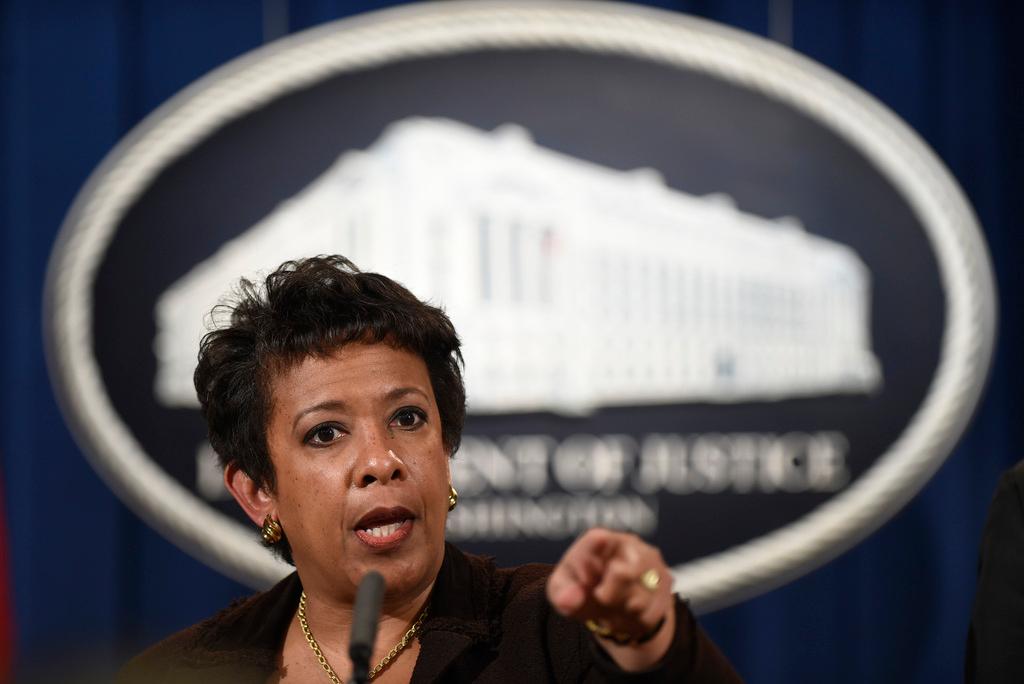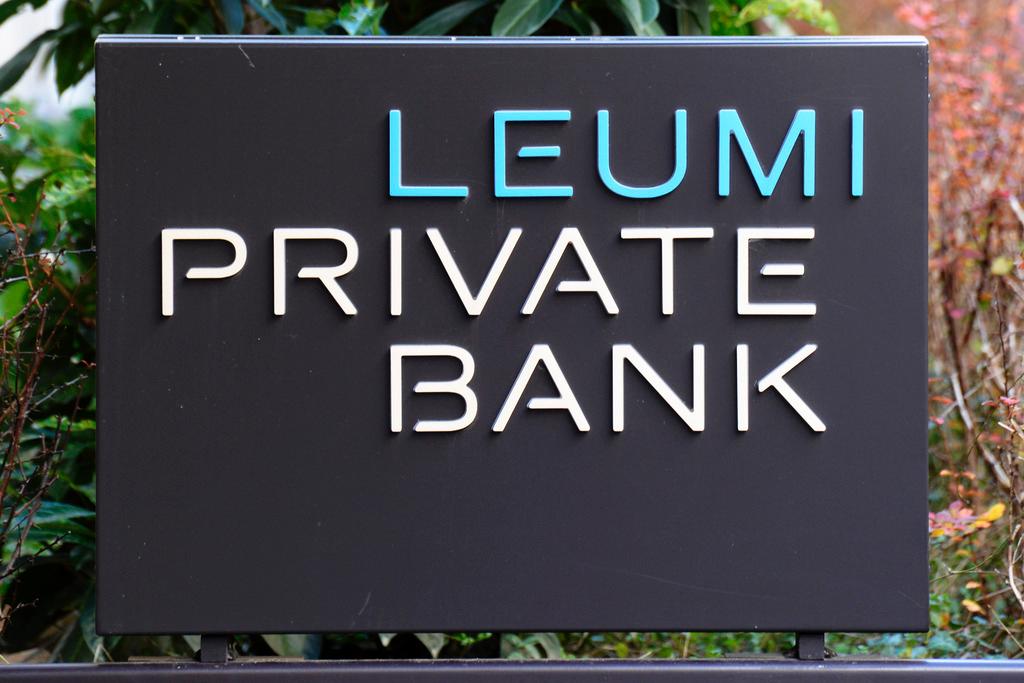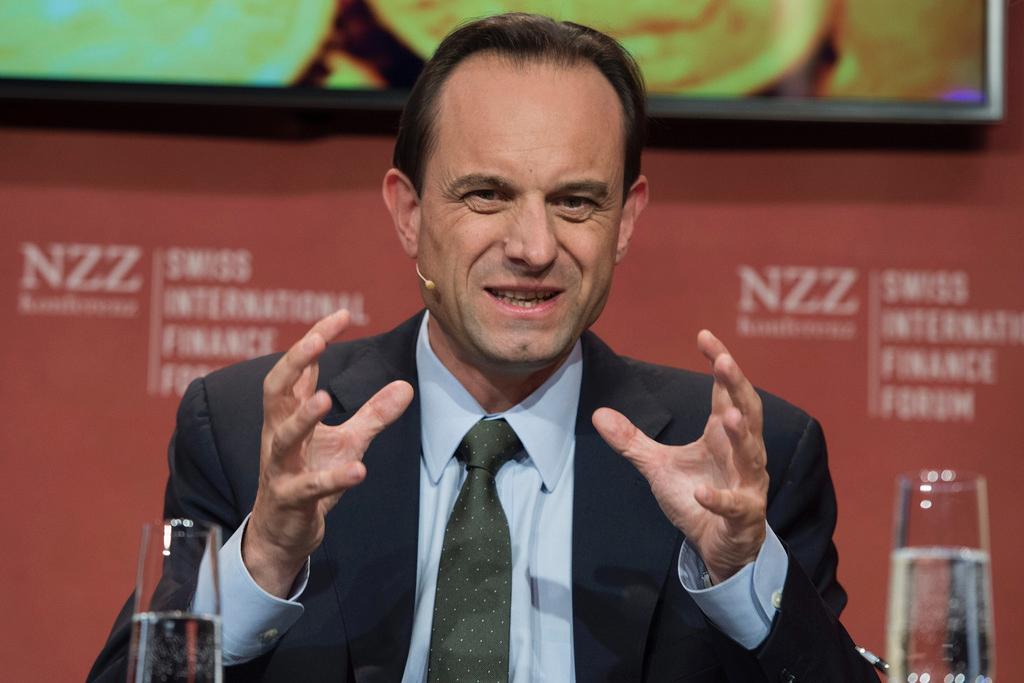Julius Baer signs final deal with the US

Swiss bank Julius Baer has signed a deal with the United States authorities, bringing an end to an investigation into how it helped US clients evade taxes. A preliminary agreement was already in place in December.
The accord means the bank will pay a pre-agreed sum of $547.25 million (CHF 544.15 million), but it will not be prosecuted. Julius Baer made an announcement in the early hours of Friday morning that a Deferred Prosecution Agreement had been signed. In a statement from the US Department of Justice (DoJ), Acting Assistant Attorney General Caroline Ciraolo said the agreement “makes it clear that there is a heavy price to pay for this conduct, and that there is a significant benefit in fully cooperating with the department”.
The bank had agreed to co-operate with the investigation and admitted to helping wealthy American citizens evade paying taxes in the US by setting up undeclared accounts with the Swiss bank.
The country’s third largest listed bank had set aside nearly $200 million in additional provisions for the settlement to meet the total earmarked amount of $547.25 million, which the bank charged to its 2015 full-year results.
The bank’s CEO, Boris Collardi, described the agreement in a statement as an important milestone for the company. “The settlement ends a long period of uncertainty for us,” he said, adding that Julius Baer can now concentrate on the future and the business again.
Bad behaviour
The DoJ stated that Julius Bär had helped US citizens dodge taxes from “at least the 1990s through 2009”. In 2006, the bank issued a memo called “US Clients: Do’s and Don’ts”. Parts of this circular are quoted in the DoJ statement of facts released late on Thursday.
“When asked by Officer what will you do while in the USA, say Business and of course some leisure, trying to take some time to enjoy your beautiful country. Proud government employees usually love this type of statement. One can throw in skydiving or another fun sport/activity. This tends to shift the questioning away from the business purpose to the ‘fun time’ part of the trip (carrying a tennis racket also puts the emphasis on “fun and games,” and not on business).”
Julius Bär staff were also advised to only use Swiss registered telephones when communicating with clients in the US and to buy calling cards from a post office branch, grocery store or electronics shops. “This allows you to use practically any phone with no specific link left behind. The best is to pay for the calling card in cash,” read the 2006 advice.
At its peak in 2007, Julius Baer held some $4.7 billion in assets relating to approximately 2,589 US tax cheats. The bank made around $87 million in wrongful profits between 2011 and 2011, the DoJ estimates.
Individual penalties
Meanwhile, two client advisers formerly employed by the bank pleaded guilty on Thursday to helping US customers cheat the American tax system. They were indicted in 2011 for helping clients hide more than $600 million in offshore accounts and evade taxes. According to the DoJ, the sentences will be passed on August 12. The two bankers face a maximum of five years in prison.
Julius Baer’s penalties are below those paid by larger rival Credit Suisse, which in 2014 was fined $2.6 billion for helping Americans evade taxes and pleaded guilty to a US criminal charge. US authorities have conducted criminal investigations of several Swiss banks after the leading UBS agreed in 2009 to pay $780 million and identify certain US clients to resolve criminal charges that it helped Americans evade taxes.
The Swiss-based branch of Israeli bank Leumi was fined $400 million by the US in December 2014.
The Swiss Financial Market Supervisory Authority (FINMA) also announced overnight that it had reprimanded Julius Baer because of its US business. FINMA stated that the bank had violated regulatory requirements, in part by taking on US clients from UBS once it ran into problems with the US authorities. FINMA said Julius Baer had implemented the measures it required, and legal proceedings were completed in November 2011.
Julius Bär first approached the DoJ voluntarily in November 2009 to come clean about its past behaviour. But the DoJ also states that FINMA had warned the bank off making such a move earlier.
FINMA said this was because diplomatic negotiations were underway to find a common solution for all Swiss banks. The Swiss regulator feared that an individual bank might breach Swiss banking secrecy laws if it tried to resolve its problems alone.
A universal solution for banks to come clean without criminal prosecution in the US was eventually struck in 2013.

In compliance with the JTI standards
More: SWI swissinfo.ch certified by the Journalism Trust Initiative












You can find an overview of ongoing debates with our journalists here . Please join us!
If you want to start a conversation about a topic raised in this article or want to report factual errors, email us at english@swissinfo.ch.